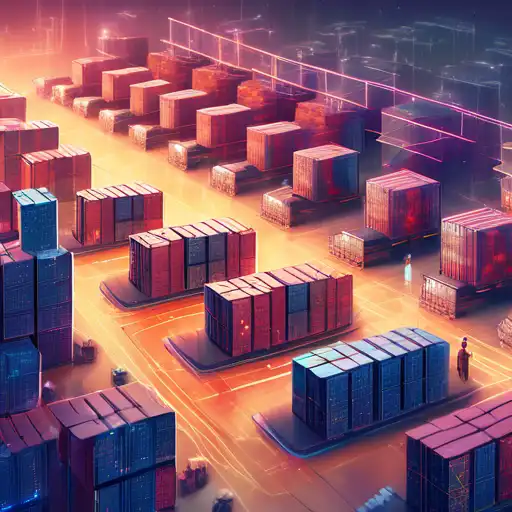The Transformative Power of Blockchain in Modern Supply Chains
In the digital age, blockchain technology is emerging as a revolutionary force in transforming supply chains across industries. By offering unparalleled transparency, security, and efficiency, blockchain is setting new standards for how goods are tracked and transactions are recorded.
Understanding Blockchain in Supply Chains
At its core, blockchain is a distributed ledger technology that allows data to be stored globally on thousands of servers. This ensures that no single entity can control the data, making it nearly impossible to hack or manipulate. In supply chains, this technology is used to create a permanent, immutable record of every transaction or movement of goods.
Key Benefits of Blockchain for Supply Chains
- Enhanced Transparency: Every participant in the supply chain can access the same data, reducing discrepancies and disputes.
- Improved Security: The decentralized nature of blockchain makes it highly resistant to fraud and cyberattacks.
- Increased Efficiency: Smart contracts automate transactions and processes, reducing the need for manual intervention and speeding up operations.
- Better Traceability: Products can be tracked from origin to consumer, ensuring authenticity and compliance with regulations.
Real-World Applications
Several industries are already leveraging blockchain to revolutionize their supply chains. For example, in the food industry, blockchain is used to trace the journey of products from farm to table, enhancing food safety. In manufacturing, it ensures the authenticity of parts and reduces counterfeit goods. The pharmaceutical sector uses blockchain to track drugs through the supply chain, combating the issue of fake medications.
Challenges and Considerations
Despite its benefits, implementing blockchain in supply chains is not without challenges. Issues such as scalability, interoperability between different blockchain systems, and the need for widespread adoption among stakeholders must be addressed. Additionally, the technology requires significant investment in infrastructure and training.
The Future of Blockchain in Supply Chains
As blockchain technology continues to evolve, its potential to further revolutionize supply chains is immense. With advancements in IoT and AI, blockchain could enable even more sophisticated tracking and automation, paving the way for smarter, more responsive supply chains.
For businesses looking to stay ahead in the digital transformation race, embracing blockchain technology in their supply chain operations is not just an option—it's a necessity. The journey may be complex, but the rewards in terms of efficiency, security, and customer trust are unparalleled.
Explore more about digital transformation and how it's shaping industries worldwide.
